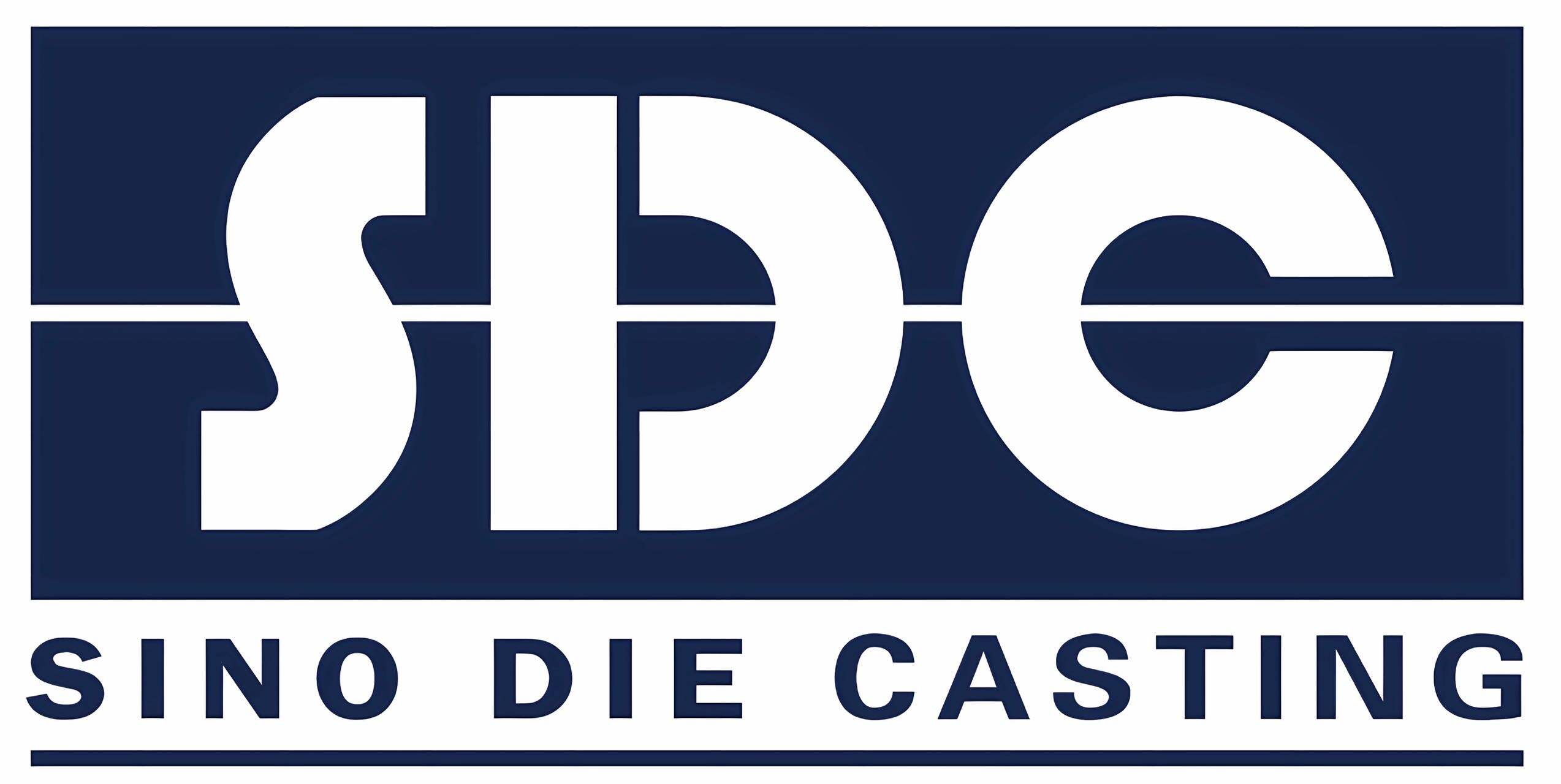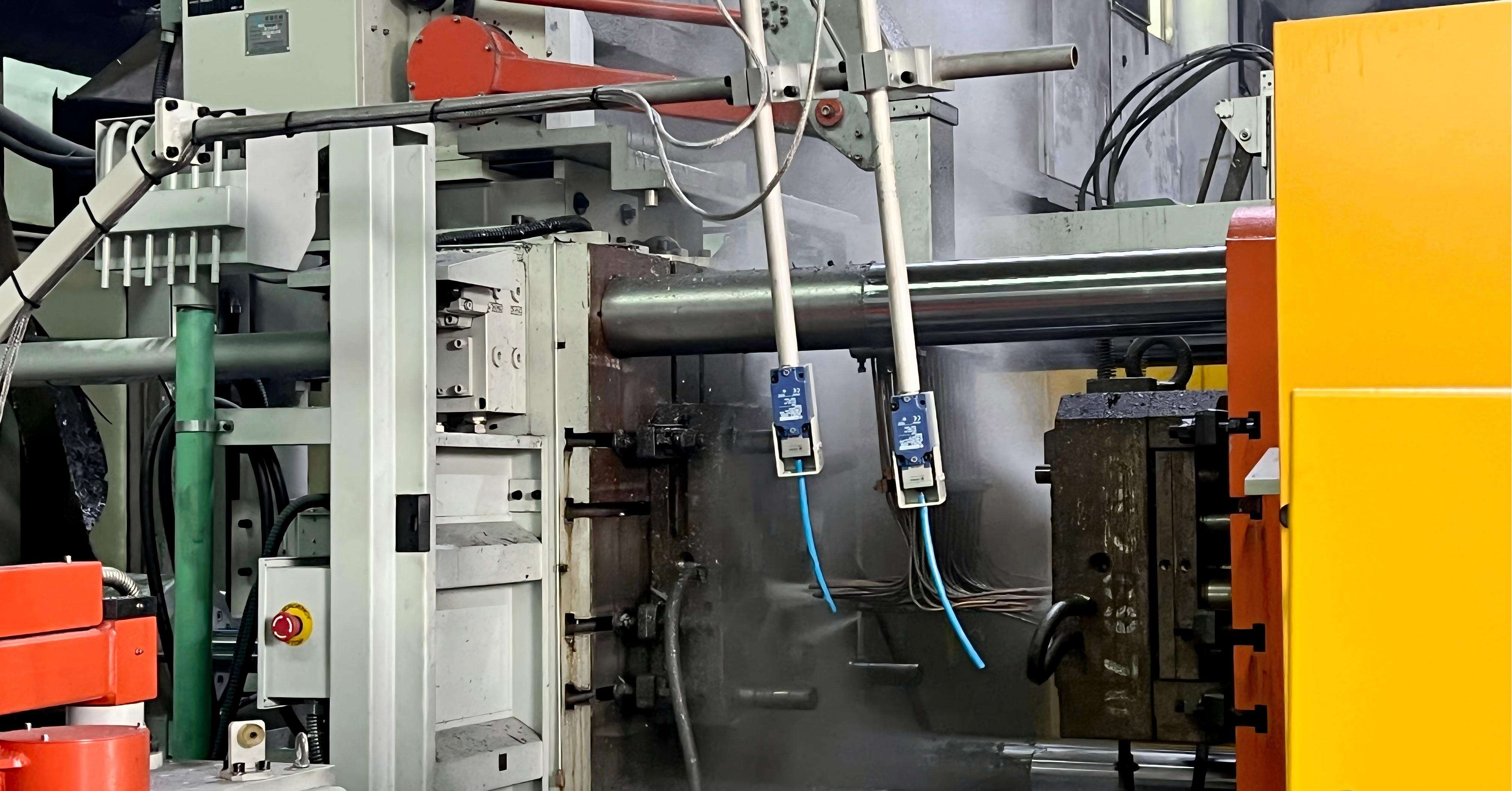Why Choosing the Right Die Casting Manufacturer Matters for Product Quality and Speed to Market
The choice of die casting manufacturer really affects both product quality and how quickly things get to market. Companies that work with ISO 9001 and IATF 16949 certified manufacturers tend to see way fewer defects in their products. According to the latest Automotive Manufacturing Report from 2023, these certified operations cut down on defects by around 63% compared to those without proper certification. Most original equipment manufacturers are now looking for partners who can provide integrated design for manufacturability feedback right from the start. This helps avoid those expensive redesign cycles later on. Take the electric vehicle sector for instance. Major players there have managed to shave off nearly 40% from their production schedules simply by working closely with experts who specialize in rapid prototyping combined with high pressure vacuum casting techniques.
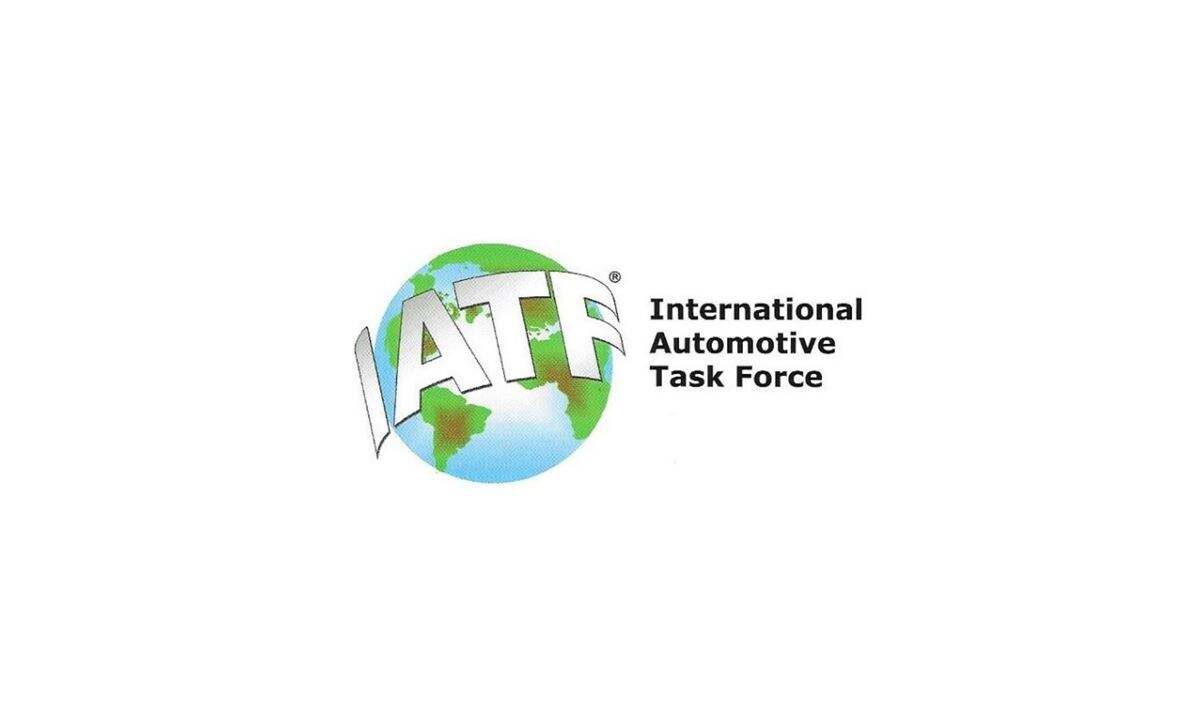
Industry Trends: The Shift Toward Strategic, Integrated Manufacturing Partnerships
According to Ponemon's 2023 report, the global die casting market worth around $740 billion has experienced quite a jump in cross industry tech sharing deals over the past few years actually seeing about a 22% rise since 2021. These days many progressive manufacturers are setting up material science laboratories focused on optimizing alloys while also implementing real time production tracking systems. They're getting serious about closed loop recycling too because they need to meet those upcoming EU sustainability rules for 2024. Some interesting research indicates that nearly 8 out of 10 companies in aerospace and medical devices see their die casting collaborators not just as vendors but practically as part of their own research and development departments these days.
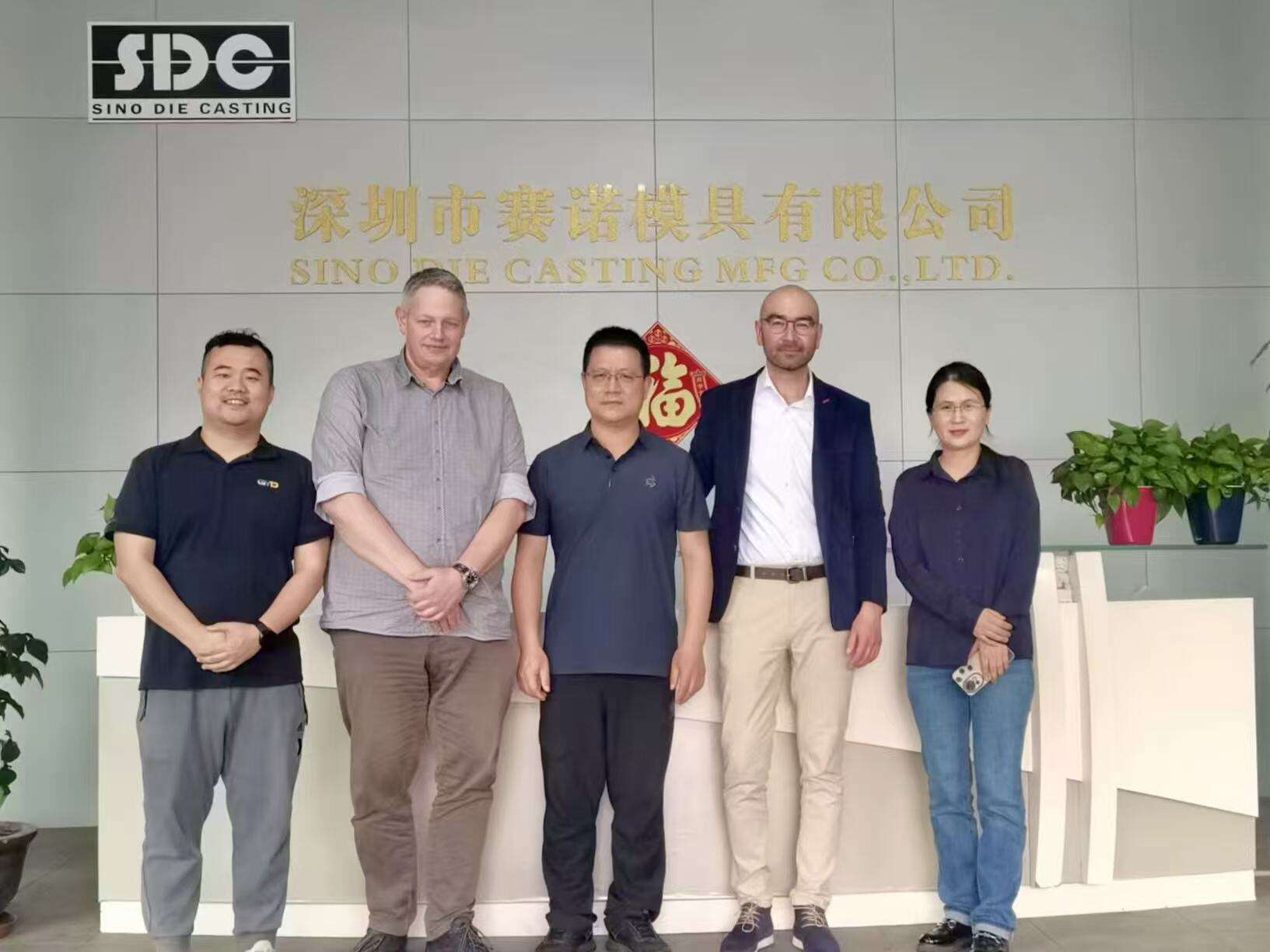
Case Study: Automotive Sector Dependence on Reliable Die Casting Partners
A Tier 1 automotive supplier's transition to aluminum steering knuckles highlights the value of expert collaboration. Partnering with a manufacturer specializing in thin-wall (2.5mm) high-vacuum casting delivered significant improvements:
| Metric | Improvement |
|---|---|
| Component weight | 38% reduction |
| Production cycle time | 29% faster |
| Warranty claims | 67% decrease |
This alignment with automotive die casting best practices enabled the automaker to meet 2025 CAFE fuel efficiency targets 18 months early. Such outcomes are achievable only with vertically integrated manufacturers spanning alloy development to precision CNC machining.
Evaluating Technical Expertise and Proven Industry Experience
Assessing Years in Operation and Specialization in Your Industry
Manufacturers with 15+ years in high-precision sectors like automotive or aerospace experience 40% fewer production errors than generalists (Ponemon 2023). Deep industry specialization allows anticipation of material-specific challenges—such as aluminum's thermal conductivity or zinc's corrosion resistance—ensuring compliance with exacting tolerances and testing standards.
Reviewing Past Projects and Client Portfolios for Relevance
Evaluate case studies involving components of similar complexity, such as thin-wall housings or load-bearing brackets. Portfolios featuring ISO-certified work for Fortune 500 clients often reflect rigorous quality adherence. For instance, a manufacturer that produced high-volume brake calipers for electric vehicles demonstrates scalability and defect-reduction strategies applicable across advanced production lines.
Validating Credibility Through B2B Referrals and Client Testimonials
What customers say about their experiences and what other companies recommend tells us a lot about how responsive a manufacturer really is when problems arise. Take for instance a medical device company that cut down on waiting periods by almost a quarter once they started working with a supplier suggested by someone already in their supply network. When looking for good partners, it makes sense to talk to businesses similar in size and production requirements. Ask around for contacts who handle orders of roughly the same volume and need services such as CNC machining or powder coatings applied to their products.
Verifying Quality Assurance Systems and Industry Certifications
Key Certifications: ISO, IATF, and Material Compliance Standards
Top-tier manufacturers maintain ISO 9001:2015 for quality management and IATF 16949 for automotive-specific processes, ensuring alignment with global benchmarks. Compliance with REACH and RoHS standards further confirms safety in sensitive applications like medical devices or consumer electronics. Facilities following these frameworks typically achieve 25–30% lower defect rates than non-certified counterparts.
Internal Quality Control Processes in a Reputable Die Casting Manufacturer
Leading providers use real-time process monitoring and automated optical inspection (AOI) to maintain tolerances within ±0.05mm. Advanced statistical process control (SPC) tracks critical variables such as die temperature and injection pressure—essential for consistency in high-volume parts like transmission housings.
Case Study: Consequences of Inadequate Quality Management in Die Casting
A Tier 1 supplier faced $1.8M in recall costs due to porosity defects in aluminum engine brackets caused by uncalibrated solidification sensors. This failure underscores the importance of certification-aligned quality systems in preventing preventable flaws.
Assessing Production Capacity, Material Expertise, and Scalability
Facility Capabilities: Equipment, Output Volume, and Efficiency
The amount a factory can produce really impacts how reliable delivery timelines are and whether products stay consistent in quality. When looking at machines, there's cold chamber vs hot chamber presses to consider along with how automated everything is. Facilities that have invested in modern tech typically see around 15 to 20 percent better output because they monitor things in real time. Matching production volumes to actual needs matters too. For big orders, expect something like 50 thousand units or more each month, but when making prototypes, flexibility in scheduling becomes crucial. Good shops usually run their equipment at least 85 percent of the time and keep defects under half a percent. These numbers tend to be pretty good signs that a manufacturer knows what they're doing operationally speaking.
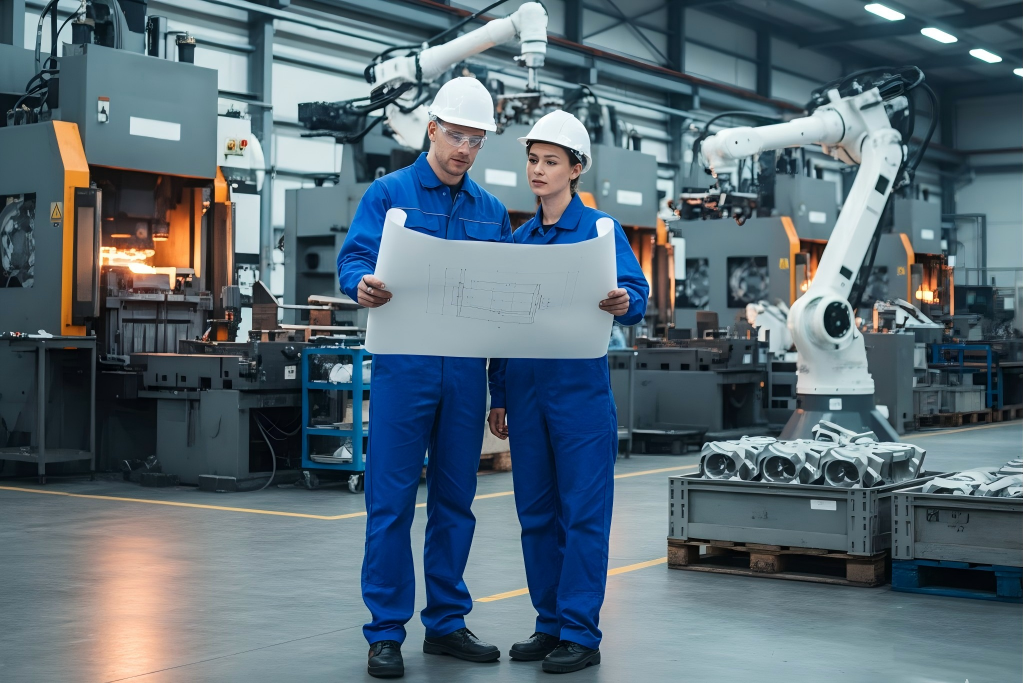
Material Compatibility: Aluminum, Zinc, and Brass Die Casting Proficiency
Manufacturers vary greatly when it comes to working with different alloys. For aluminum die casting specifically, getting the temperature right between around 650 and 700 degrees Celsius is really important if we want to prevent those pesky pores from forming in structural parts. When looking at what a supplier can do beyond basic casting, check their skills with things like CNC machining for zinc enclosures or the ability to form brass components with very tight tolerances down to plus or minus 0.05 mm. Top quality suppliers spend time tweaking their alloy mixtures to find that sweet spot where they get good tensile strength somewhere between 220 and 320 MPa without breaking the bank on material costs.
Future-Proofing Your Supply Chain: Can the Manufacturer Scale With Your Needs?
When it comes to scaling operations, three main factors stand out: having backup resources like extra furnaces and molds, building some flexibility into production schedules (around 30% buffer works well for rush orders), and investing in newer materials such as magnesium alloys. Recent industry research from last year showed something interesting - nearly half (about 42%) of original equipment manufacturers ended up changing their supplier relationships because they couldn't scale properly. The usual culprits? Old fashioned tooling that couldn't keep up, or simply not enough stockpiled materials when needed most. For companies looking ahead, finding business partners who actually have growth strategies matters a lot. Look for those who regularly expand their capabilities, maybe increasing press capacity by 20 to 30 percent each year, or better yet, those experimenting with artificial intelligence systems to predict what customers will need before they even ask.
Prioritizing Transparent Communication, Cost Clarity, and Partnership Support
Establishing Direct Communication and On-Site Evaluation Protocols
Regular plant audits and weekly reviews keep production aligned with expectations. Manufacturers facilitating joint problem-solving sessions reduce project delays by 28% compared to those relying solely on email communication (Frost & Sullivan 2024).

Transparent Pricing Models and Competitive Cost Structures
Clear cost breakdowns accelerate decision-making, with 79% of engineering firms reporting improved efficiency when provided itemized pricing (ABI Research 2024). Leading suppliers enhance transparency using real-time collaboration platforms that allow clients to track actual production costs against initial quotes, reducing budget overruns by 33% (Deloitte 2023).
Responsive Customer Service and After-Sales Support
Post-production support distinguishes strategic partners from transactional vendors. Suppliers offering 24/7 technical assistance reduce equipment downtime by an average of 41% compared to standard business-hour models (Gartner 2024).
Requesting Product Samples to Validate Quality and Fit
Pre-production prototypes enable verification of dimensional accuracy and surface finish before full-scale manufacturing. When samples undergo third-party validation, tooling revisions drop by 55%, preventing expensive rework (J.D. Power 2023).
FAQ
What is die casting?
Die casting is a manufacturing process where molten metal is forced into a mold cavity under high pressure. It's commonly used for producing precision metal parts with smooth or textured surfaces.
Why are certifications important in die casting manufacturing?
Certifications like ISO 9001 and IATF 16949 ensure that die casting processes meet international standards for quality management and industry-specific processes, reducing the likelihood of defects and ensuring product reliability.
How can die casting manufacturers help reduce production cycle time?
Die casting manufacturers can help reduce production cycle time by offering design for manufacturability feedback and employing rapid prototyping techniques. Collaborating closely with manufacturers helps achieve faster production schedules.
What are some future trends in die casting manufacturing?
Future trends include integration of AI systems for predicting customer needs, investing in new materials like magnesium alloys, and ensuring scalability to meet increasing production demands.
Table of Contents
- Why Choosing the Right Die Casting Manufacturer Matters for Product Quality and Speed to Market
- Industry Trends: The Shift Toward Strategic, Integrated Manufacturing Partnerships
- Case Study: Automotive Sector Dependence on Reliable Die Casting Partners
- Evaluating Technical Expertise and Proven Industry Experience
- Assessing Years in Operation and Specialization in Your Industry
- Reviewing Past Projects and Client Portfolios for Relevance
- Validating Credibility Through B2B Referrals and Client Testimonials
- Verifying Quality Assurance Systems and Industry Certifications
- Assessing Production Capacity, Material Expertise, and Scalability
- Prioritizing Transparent Communication, Cost Clarity, and Partnership Support
- FAQ


